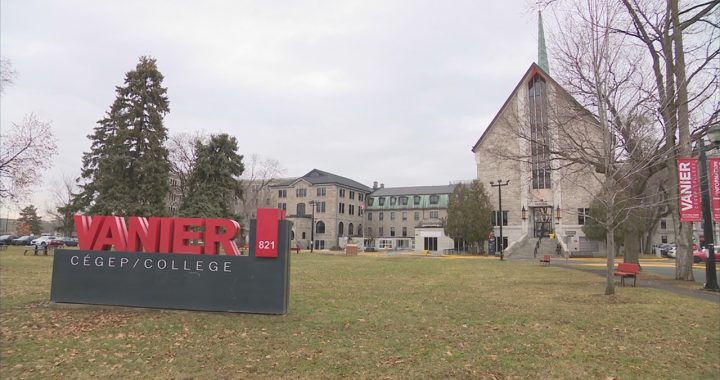
(Hereditary chiefs will sign a new agreement with provincial and federal leaders May 14. APTN file)
The signing of a memorandum of understanding (MOU) to empower Wet’suwet’en hereditary chiefs in B.C. is confirmed for Thursday and will be done remotely, APTN News has learned.
The virtual signing will respect social distancing measures while restoring the traditional rights and title lost from the imposition of Canada’s colonial Indian Act and its elected band council system.
“The signing of the MOU is just the beginning…” the Office of the Wet’suwet’en said in a statement on its website.
“The commitment of Canada and British Columbia to affirm us and our title to the Yintah (territory) in the MOU will allow us to give our future generations that better future.”
The MOU was reached in principle in February after three days of high-profile talks in Smithers, B.C., with federal Crown-Indigenous Relations Minister Carolyn Bennett and provincial minister of Indigenous Relations and Reconciliation Scott Fraser.
Hereditary leaders
The agreement recognizes the hereditary leaders of the Wet’suwet’en house system and appears to foreshadow a dual governance system alongside elected chiefs and councils.
It was reviewed and approved by band members via a series of in-person and virtual clan meetings, the hereditary chiefs said in their statement.
As well, the hereditary leaders say they “are listening” as band members share “recommendations, concerns, fears and cautious optimism for the year of negotiations to come.”
Among those welcoming the historic MOU is Perry Bellegarde, national chief of the Assembly of First Nations, which advocates for Canada’s 634 First Nations.
“Only the Wet’suwet’en people can determine if they support this proposed agreement and they must all be given the time and the space to do that,” Bellegard said in a statement emailed to APTN. “The AFN supports the governance and decision-making process of the Wet’suwet’en, and Canada and B.C. should do the same.
Open dialogue
“First Nations must be given the opportunity to identify their own approaches to governance, which will require open dialogue, respect, traditional ceremony and protocol. We support their right – and the right of all First Nations – to do that.”
But the elected chiefs of four of six Wet’suwet’en First Nations oppose the deal, and have been lobbying hard to have it renegotiated.
They claim they did not have all the details and consultation over the past two months was lacking.
Hereditary chiefs in the emailed statement they shared with APTN Tuesday evening said they emailed a copy of the MOU and background information to band members and their elected councils only last week.
‘Yintah’ means traditional territory in the Wet’suwet’en language and it has been the battleground for the nation’s fight for rights and title – approximately 20 years ago in the Delgamuukw/Gisday’wa court case and most recently via some clans’ opposition to the Coastal GasLink (CGL) pipeline.
Elected chiefs
Even the elected chiefs said they support the recognition and implementation of rights and title that was first promised by the Delgamuukw victory. However, they wonder how the MOU will impact their role going forward.
Fraser’s office described the MOU as the start of a negotiation process.
“We have a lot of work ahead of us in recognizing and implementing Wet’suwet’en rights and title,” he said in a statement to APTN. “Reunification within the Wet’suwet’en governance structure is one of the topics for discussion within the MOU, and that will be key to this work moving forward successfully.
“The parties will be engaging with Wet’suwet’en members, including elected leaders, as well as neighbouring Nations, local governments, stakeholders and the public during our negotiations.”










